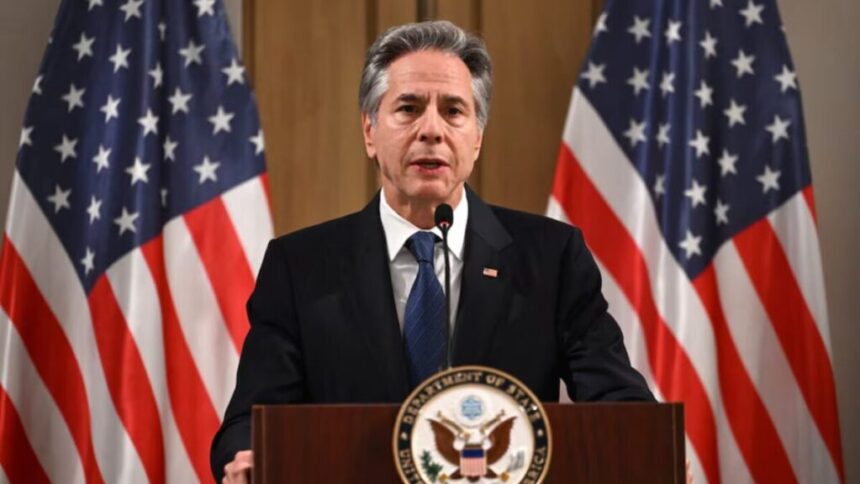RASC News Agency: Antony Blinken, the U.S. Secretary of State, in an exclusive interview with The New York Times, defended the Biden administration’s decision to withdraw from Afghanistan, characterizing it as a “historic achievement.” Blinken stressed that ending America’s longest war, despite its inherent challenges and criticism, represents a transformative milestone for U.S. foreign policy. Analysts have argued that the Taliban’s empowerment in Afghanistan may serve as a calculated outcome of U.S. intelligence strategy. They assert that Washington’s ambitious objectives during the Afghanistan Republic era failed to materialize. However, these goals are now being implemented at a significantly lower cost through the Taliban, under the pretext of Islamic governance. For the United States, it appears that achieving strategic objectives takes precedence over alliances with specific groups or individuals.
Addressing widespread criticism of Afghanistan’s current condition, Blinken acknowledged the Taliban’s imposition of severe restrictions on women. Yet, he justified the withdrawal, stating, “The United States was committed to ending its longest war. Our primary objective was to prevent another generation of victims.” This stance signals that the U.S. views the deteriorating post-withdrawal situation in Afghanistan as a secondary concern. The Taliban’s establishment of a regressive society where half the population is confined to their homes, schools and universities are shuttered for an entire generation, and governance is monopolized by a single ethnicity, sect, and gender seemingly holds little weight in U.S. calculations. Despite this, the U.S. continues to provide $40 million weekly to Afghanistan, indirectly bolstering the Taliban’s capacity to consolidate power and suppress the Afghanistani people further.
Blinken admitted that withdrawing from Afghanistan was bound to present formidable challenges under any scenario. Reflecting on the aftermath, he stated, “There was no simple path to ending two decades of war. We must learn from the Afghanistan experience.” He added, “At the State Department, I mandated a comprehensive review to identify our successes and failures. The lessons from this report have already informed our responses to subsequent crises, including those in Lebanon, Israel, and Sudan.”
The Secretary of State also emphasized that the withdrawal decision was a deliberate component of a broader reorientation in U.S. foreign policy. This pivot seeks to address emerging threats and capitalize on new opportunities. While acknowledging the difficulties surrounding the decision, Blinken maintained that, in the long term, the move would serve both the American people and U.S. national interests.






